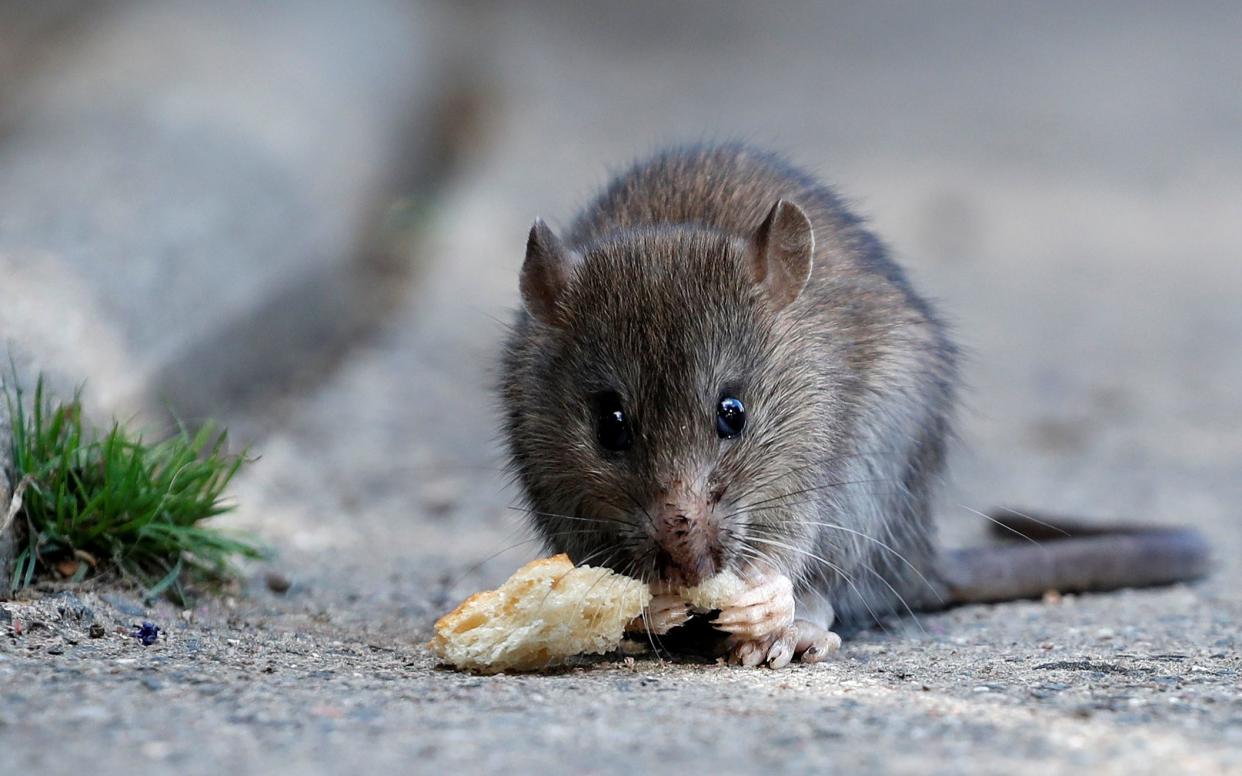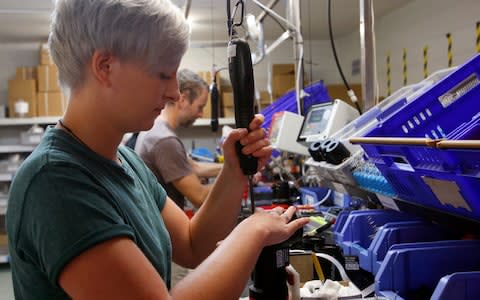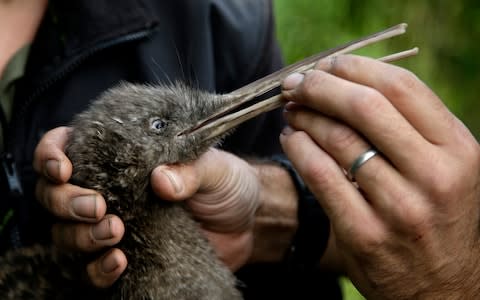New Zealand pledge to eliminate rodents in doubt after hot summer prompts rat boom

New Zealand's hottest summer on record has led to a soaring rat population, raising doubts about the nation’s pledge to eliminate all rodents by 2050.
Following a recent scorching and dry summer, in which nationwide temperatures were 2.1 degrees hotter than the seasonal average, parts of the country have experienced a sudden surge in rat and mice numbers.
Officials said some areas were showing a tenfold increase in rat numbers. This has been attributed to the hot weather, which is conducive to breeding.
Doug Morris, owner of a pest control firm in Auckland, said some residents were afraid to go outside because of the number of rats.
“[The rat outbreak] is not the home owners' fault, it's just an older Auckland area, with lots of bush, lots of gullies, a lot of rat habitat," he told Radio New Zealand.

"In the summer there's a lot of food around for the seeds and that type of thing - in the winter there's not so much food around for them.”
In 2016, New Zealand announced a plan to exterminate all rats, possums and other introduced pests by 2050 in a world-first program to try to protect native birds such as the flightless Kiwi. Rats and stoats have been blamed for the deaths of some 25 million native birds a year.
The recent rat outbreak – along with a post-summer increase in stoats – has raised concerns about whether the project will be able to meet its timetable, particularly as global warming is expected to lead to regular hot summers.

Graeme Elliott, a Department of Conservation scientist, said he believed the project remained on target but ultimately it would need new technologies rather than current methods such as trapping and baits.
"The predator free goal is not something that we were going to achieve next year anyway, so if next year happens to be a particularly bad year for rats in some parts of the country, I don't really think that sets us back much at all," he told Radio New Zealand.
"If we did more work on [new genetic techniques] and actually got them working then I'd feel much more optimistic that we could do it. But doing it with our existing tools, trapping and poison is going to be really, really hard and we're going to have to go like hell."

 Yahoo News
Yahoo News 
